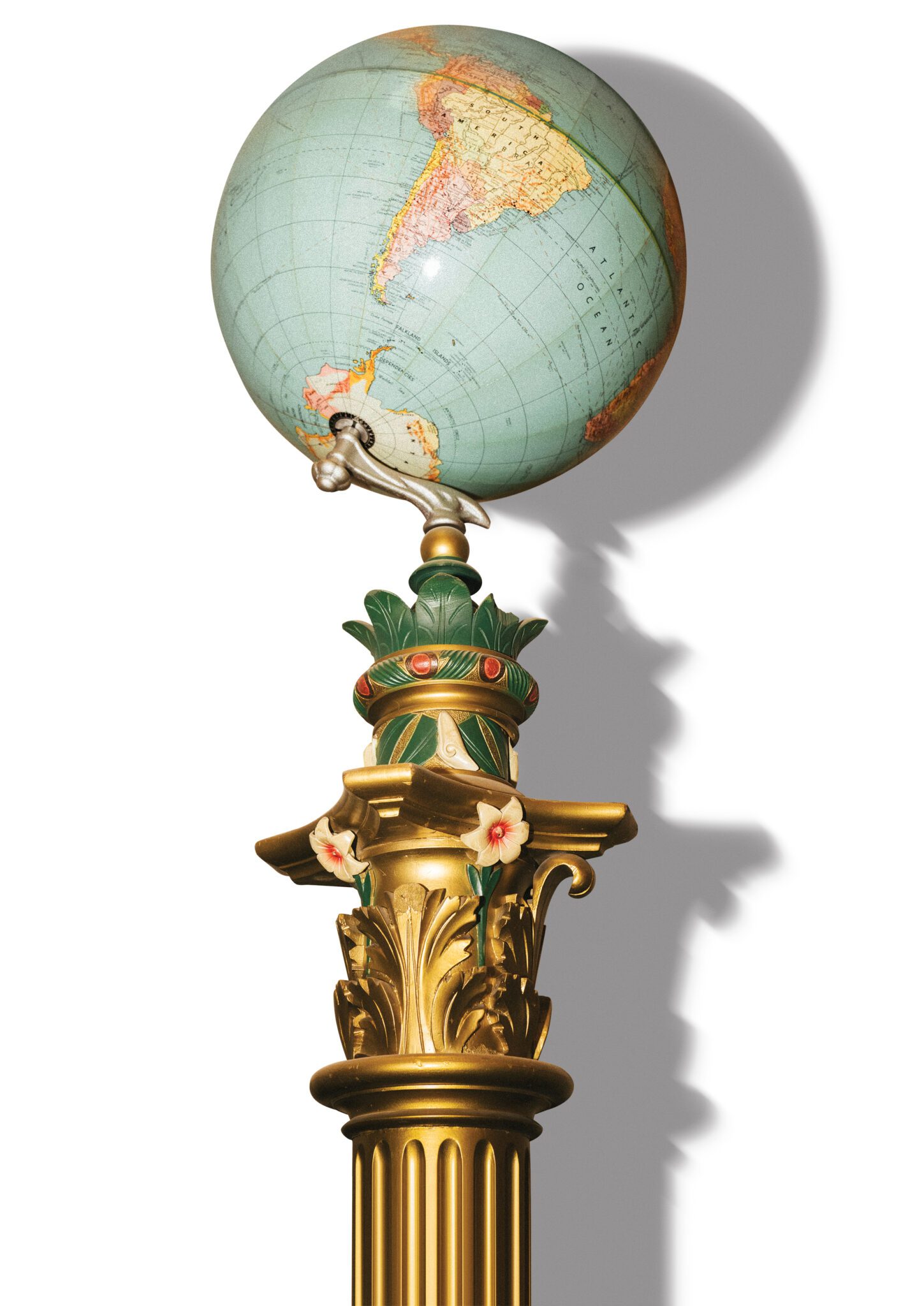
The Rite Stuff: The Many Masonic Rituals of Latin America
From Mexico to Argentina, Latin American countries embody a wide range of Masonic rituals, from the familiar to the highly esoteric.
Wherever there’s revolution, there’s almost always a Freemason leading the charge. That’s certainly the case when it comes to Latin American history. Here’s a rundown of a few of the most important Masons and revolutionaries.
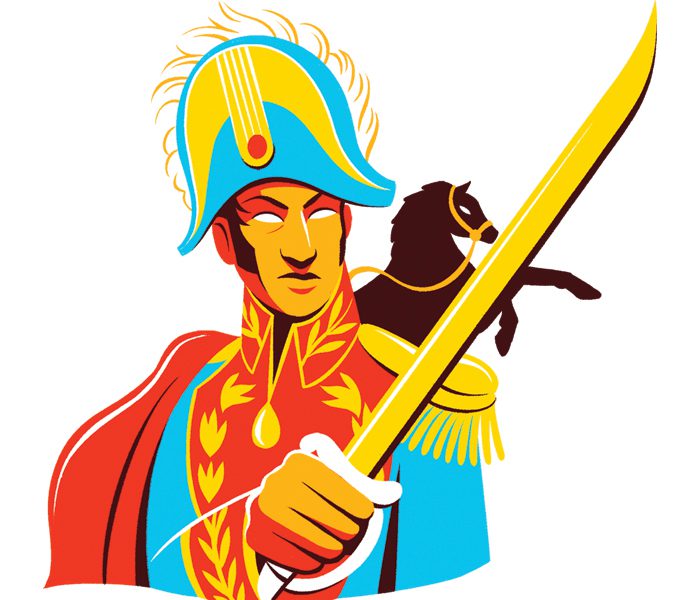
Born in Caracas, in what is now Venezuela, Bolívar is the most important figure of the South American independence movement. He is responsible for liberating from Spain the nation of Gran Colombia—what would become Colombia, Venezuela, Ecuador, and Panama—and later Peru and Bolivia, which is named for him. Bolívar was initiated into Masonry in Cadiz, Spain, in 1803, and raised in 1806 at Mother of St. Alexander of Scotland Lodge in Paris. In April 1824, Bolívar received the 33º of honorary inspector general in the Scottish Rite. He founded and served as master of Protectora de las Vertudes Lodge № 1 in Venezuela, and founded the Order and Liberty Lodge № 2 in Peru in 1824.
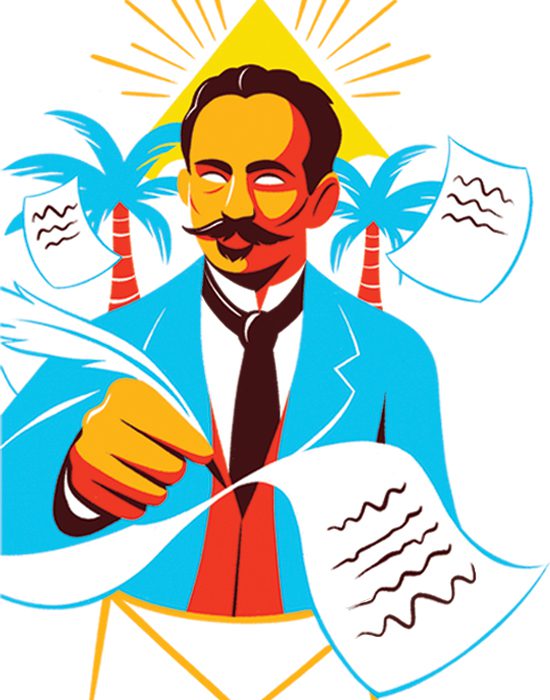
The national hero of Cuba, Martí was a poet, journalist, and philosopher who advocated for the abolition of slavery. He is still widely seen as the father of Cuban independence. Martí’s Masonic credentials are somewhat murky, but evidence suggests he was raised as a Master Mason in Armonía Lodge № 52 in Madrid in the early 1870s.
Known to Brazilians as the Patriarch of Independence, José Bonifácio de Andrada e Silva was a statesman who played a key role in securing Brazil’s independence from Portugal. He supported public education, was an abolitionist, and helped found Brasília, the national capital, in Brazil’s underdeveloped interior. Bonifácio also served as grand master of the Grande Oriente do Brasil in 1822 and helped unite the country’s many politically oriented Masonic organizations.
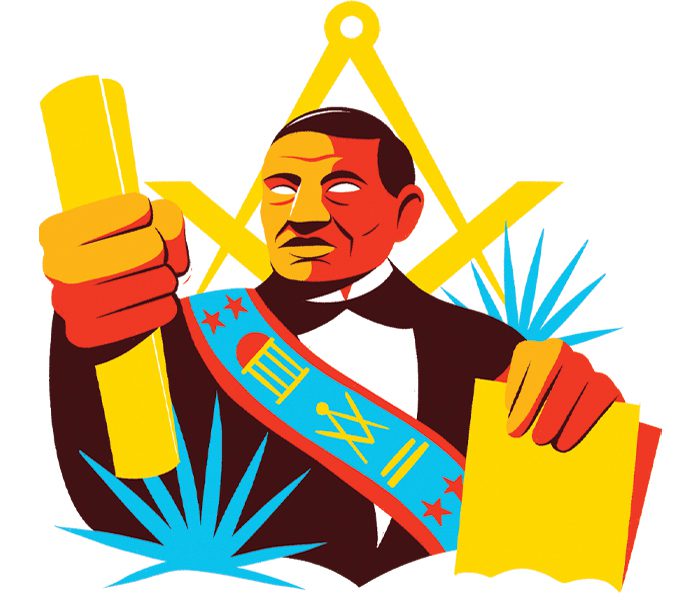
A liberal politician, a lawyer, and one of the most famous figures in Mexican history, Juárez was Mexico’s first indigenous president and led the restored republic following the French invasion of the country. Juárez was initiated into Masonry in 1847 in La Logia Independencia № 2 of the Mexican National Rite (which now bears his name). In 1854 he received the 9º, and in 1862 he received the 33º. Every January 15, a ceremony is held to celebrate his legacy by the Grand Chapter of Royal Arch Masons in Mexico.
Born in Chile of Spanish and Irish descent, O’Higgins helped lead the Chilean War of Independence. In 1817, he became the supreme director of Chile and in 1823 helped liberate Peru alongside Simon Bolívar. O’Higgins was strongly influenced in the 1790s by the influential Great American Reunion Lodge of London, established by the Venezuelan revolutionary figure Francisco de Miranda, which was dedicated to an independent Latin America
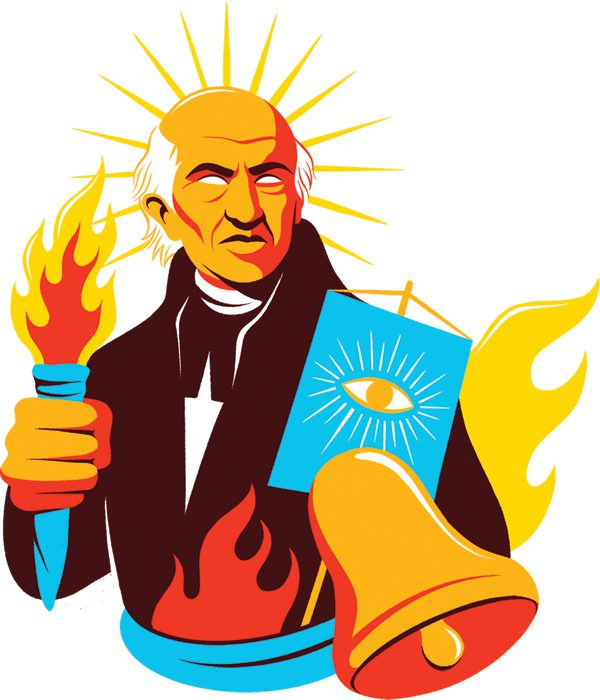
The “Father of Mexico” and a hero of the Mexican War of Independence, Miguel Hidalgo y Costilla was a Catholic priest-turned-resistance leader. He is best remembered for his 1810 speech “Grito de Dolores,” or “Cry of Dolores,” which called for the end of Spanish colonial rule in Mexico. In 1806, Hidalgo, who was influenced by liberal ideas from the United States and Europe, was initiated into the first regular Masonic lodge in Mexico, named Logía Architectura Moral.
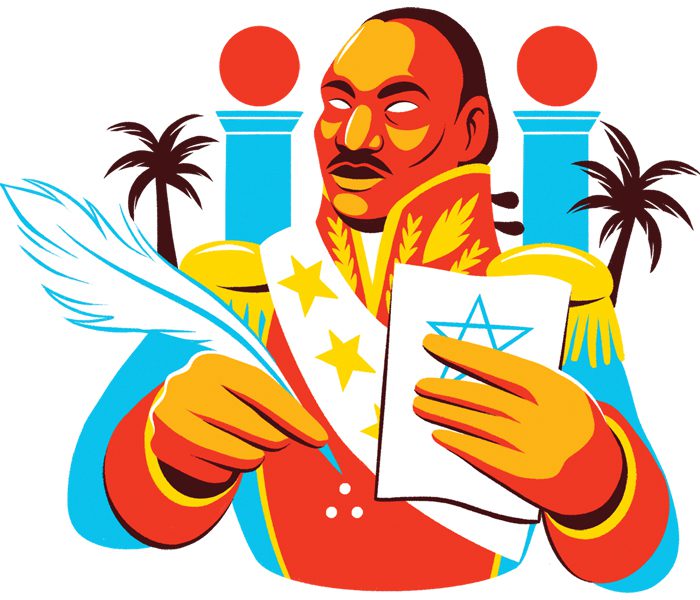
Haiti provides the only example in history of a population of enslaved people who rose up to become an independent, self-governing nation. They were led by the freedom fighter Toussaint L’Ouverture, who ended slavery there decades earlier than did any other country in the Americas. L’Ouverture was born into the complex racial caste system of the French colony of Saint Domingue. After buying his freedom, he began training troops when revolution broke out. His trusted inner circle were Masons, and according to historians, so too was L’Ouverture, evidenced by his signature, which featured three dots in a triangle.
ILLUSTRATIONS BY
Luis Pinto

From Mexico to Argentina, Latin American countries embody a wide range of Masonic rituals, from the familiar to the highly esoteric.
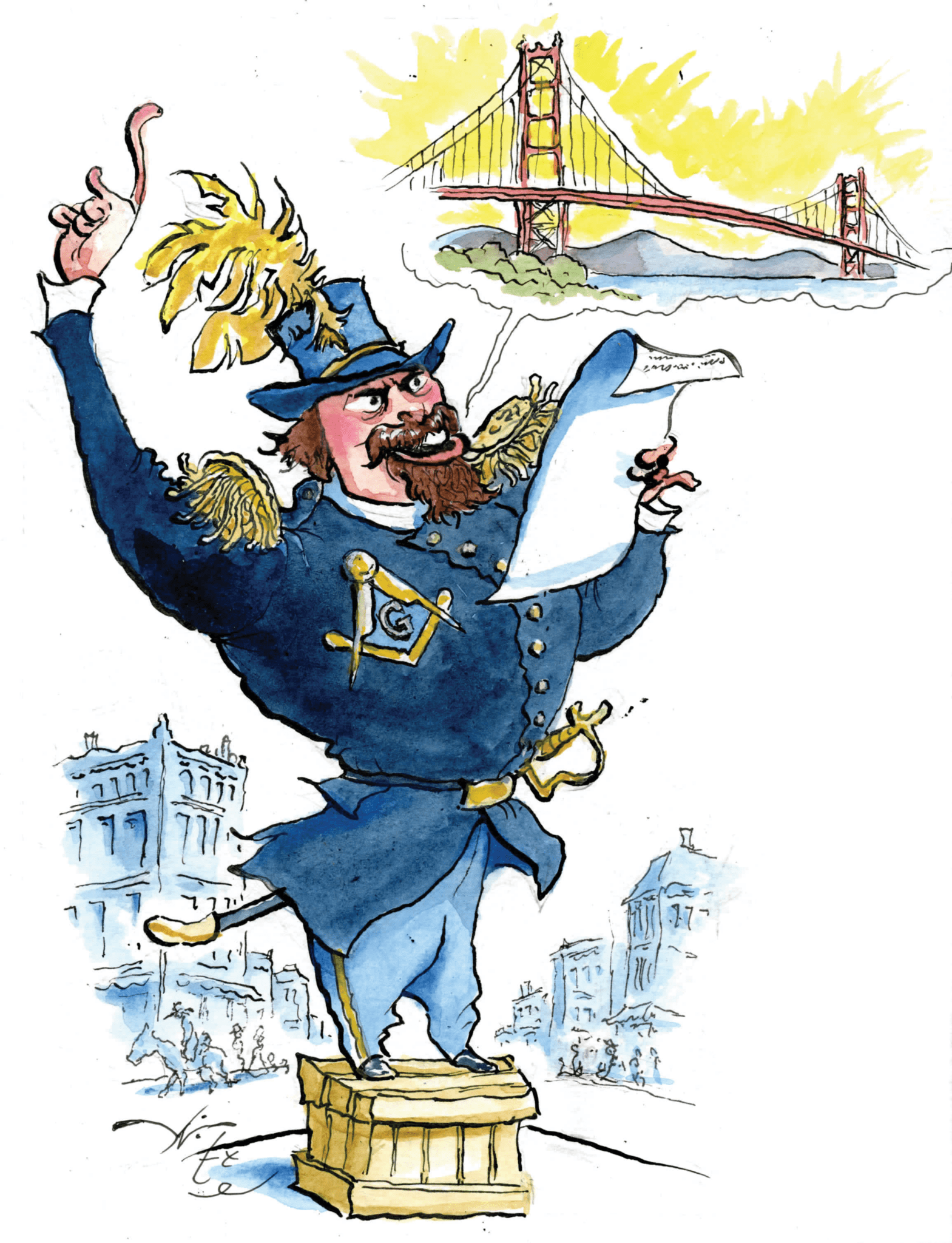
150 years after he first proposed the San Francisco Bay Bridge, the legendary eccentric and Freemason Emperor Norton may finally get his due.
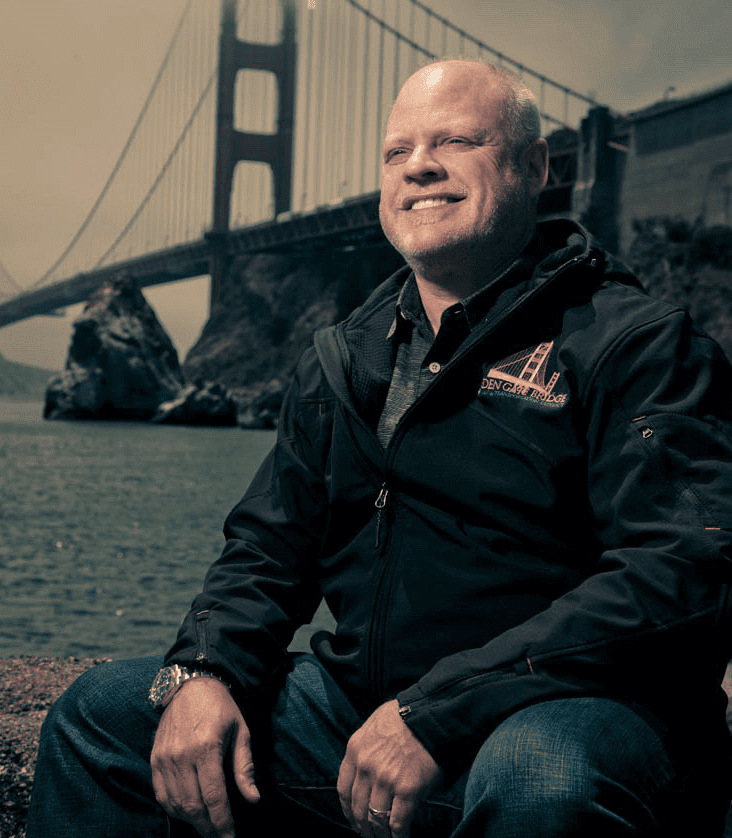
A bridge-building Bay Area Mason reflects on the importance of charity, giving back, and offering Masonic relief.